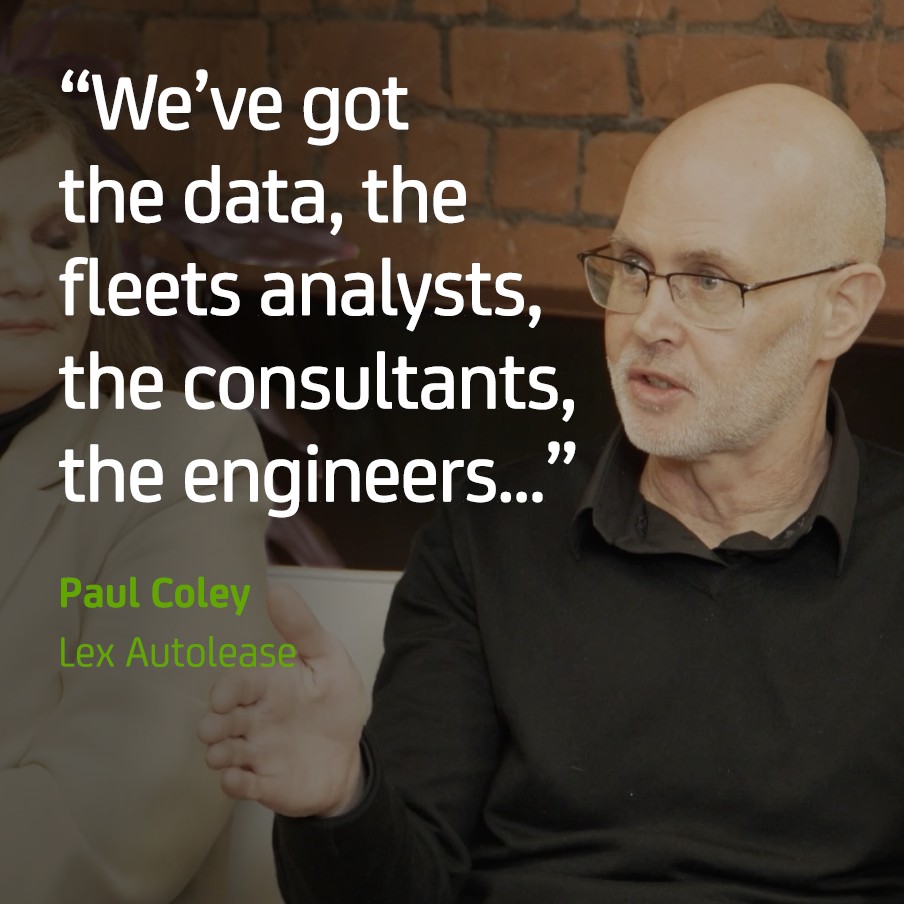Future-proofing your fleet: Why planning ahead is key

Future Fleet Planning
In the fast-evolving world of fleet management, the need for future-ready strategies has never been more pressing. From reducing costs to preparing for the transition to electric vehicles (EVs), forward-looking planning is essential for keeping your fleet efficient, compliant, and ready to meet tomorrow’s challenges.
For fleet managers, this means making informed, data-driven decisions and engaging both drivers and stakeholders to ensure success. As Paul Coley, Associate Director at Lex Autolease explains, “It’s about working together. You need the data, the fleet analysis, the engineers, and the planning.”
Cost control through strategic planning
Effective fleet planning can be a way to reduce operating costs and improve profitability. By analysing your fleet’s usage patterns, you can make smarter decisions about vehicle acquisition, maintenance schedules, and replacement cycles.
Transitioning to EVs can offer cost-saving opportunities for fleet managers. EVs offer lower running costs compared to traditional internal combustion engine (ICE) vehicles. With fewer moving parts, they require less maintenance, and charging costs may be significantly lower than diesel or petrol refuelling expenses. However, these savings can only be maximised through careful planning — ensuring the right vehicles are deployed where they’ll deliver the most value.
Predictive maintenance, enabled by telematics data, can also reduce costs by identifying small issues before they become big, expensive problems. Similarly, route optimisation technology helps fleet managers cut fuel costs by reducing unnecessary mileage and improving driver efficiency.
Gaining buy-in for electric vehicles
One of the greatest challenges in transitioning to EVs is gaining buy-in from drivers and stakeholders. For drivers, it often comes down to experience. Research consistently shows that most people who drive an electric vehicle don’t want to go back to petrol or diesel. Fleet managers can take advantage of this by offering test drives, trial periods, or pilot schemes to give employees hands-on exposure to EVs.
Training and education also play a key role. Many drivers are unfamiliar with the capabilities of modern EVs, such as their range, charging times, and performance. Clear communication about the financial and environmental benefits can help overcome common misconceptions and build excitement around making the switch.
For senior stakeholders, the focus is on demonstrating how EVs align with wider business goals — such as reducing operating costs and achieving ESG targets. Highlighting government incentives, tax advantages, and lower total cost of ownership (TCO) helps reinforce the business case for transitioning to electric.
The role of data in fleet planning
Data has become a cornerstone of effective fleet management, offering insights that enable smarter decisions at every stage of planning. Telematics systems, for example, provide granular details on vehicle utilisation, driving behaviour, and operational efficiency. These insights can identify underutilised vehicles, determine optimal replacement cycles, and pinpoint where EVs can be deployed most effectively.
Data also helps fleet managers analyse employee driving patterns to assess which drivers are better suited to EVs based on their daily mileage and charging availability. By leveraging these insights, businesses can develop tailored strategies that deliver tangible cost savings while enhancing operational efficiency.
Future planning with Lex Autolease
At Lex Autolease, we understand the importance of planning for tomorrow’s fleet today. From helping businesses unlock the potential of EVs to using data-driven tools to improve efficiency, we partner with fleet managers to create strategies that meet today’s needs and tomorrow’s goals.
With the right plan in place, your fleet can become a key driver of business success — delivering cost savings, employee satisfaction, and long-term sustainability.